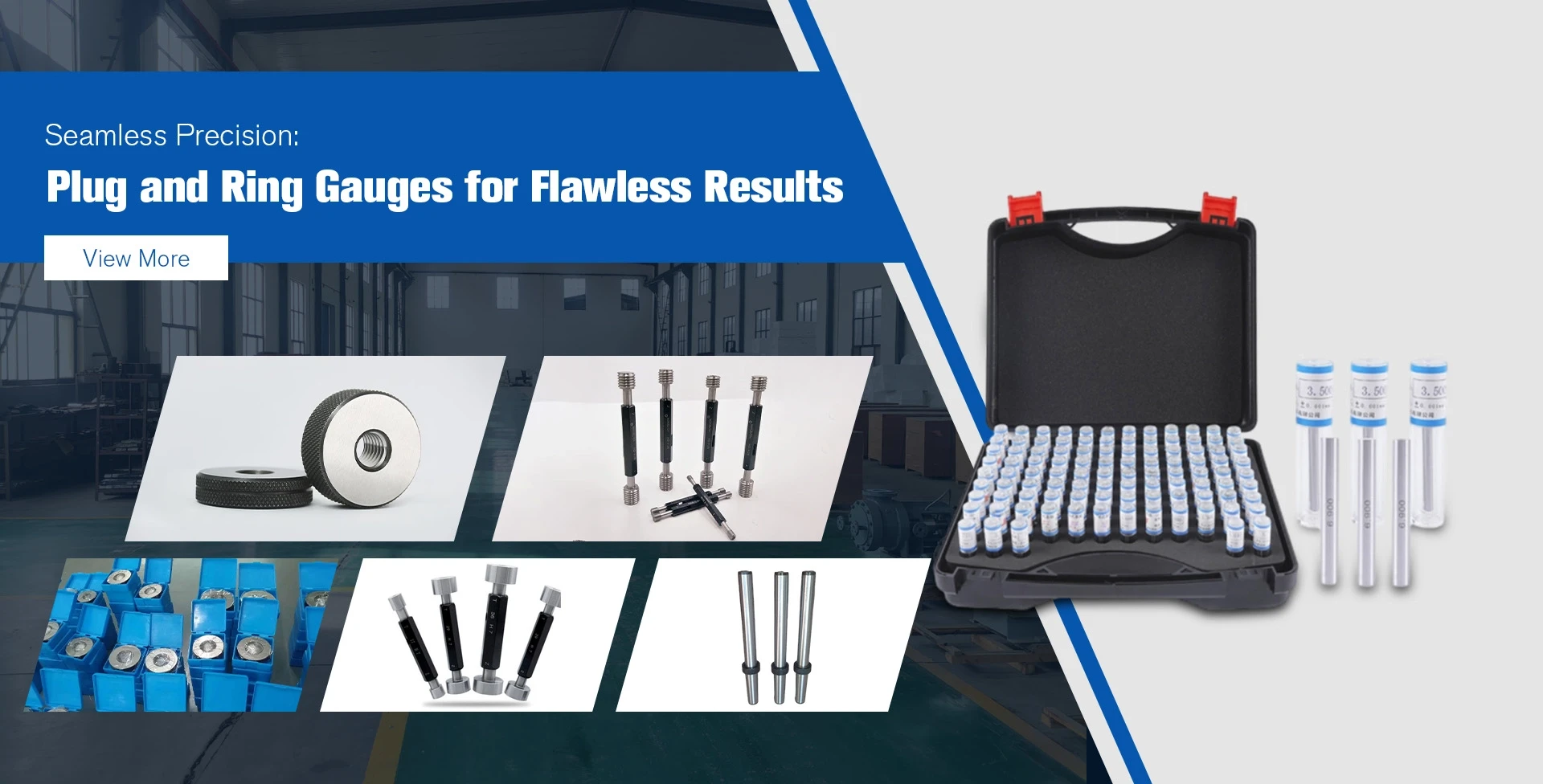ທ.ວ. . 21, 2024 20:54 Back to list
heavy duty check valve
Heavy Duty Check Valves Ensuring Reliability in Fluid Systems
Check valves play a crucial role in various fluid systems, acting as one-way gates that allow fluid to flow in one direction while preventing backflow. Among the many types available, heavy-duty check valves stand out due to their robust design and ability to handle high pressures and extreme conditions. This article delves into the importance, construction, applications, and benefits of heavy-duty check valves in industrial settings.
Importance of Heavy Duty Check Valves
Heavy-duty check valves are essential components in maintaining the efficiency and reliability of fluid systems. These valves prevent reverse flow, which could lead to contamination of the supply system, damage to pumps, and even catastrophic failures. By ensuring that fluid only flows in the intended direction, these valves protect system integrity and enhance operational safety.
In many industrial applications, the forces involved can be significant. Pump systems, for instance, operate under high pressure and can experience water hammer effects—sudden surges of pressure that occur when flow is abruptly stopped or changed. Heavy-duty check valves are designed to withstand these stresses, making them indispensable in applications such as water treatment, petroleum, and chemical processing.
Construction of Heavy Duty Check Valves
The construction of heavy-duty check valves is a testament to their durability. Typically made from high-grade materials like stainless steel, ductile iron, or bronze, these valves are engineered to endure harsh environments and resist corrosion. The design often incorporates features such as reinforced bodies, resilient sealing mechanisms, and robust hinge systems.
Moreover, these valves commonly utilize a spring-loaded or gravity-assisted disc that opens with forward flow and closes tightly against a seat to prevent backflow. This mechanism is crucial for ensuring quick response times and minimal pressure drops during operation. In heavy-duty applications, the sealing efficiency is paramount, which is why many manufacturers integrate advanced sealing technologies to provide superior leak prevention.
Applications of Heavy Duty Check Valves
heavy duty check valve

Heavy-duty check valves find their applications across diverse industries. In water and wastewater management, they are used to control flow in pipelines, preventing backflow that could introduce contamination into the clean water supply. In the oil and gas sector, these valves safeguard against backpressure that can compromise the integrity of the pipeline.
Power generation facilities also rely on heavy-duty check valves for their cooling systems, where they help maintain the proper flow of water and steam to turbines. Other industrial applications include chemical processing, food and beverage production, and HVAC systems, where reliability in fluid flow is essential for operational efficiency.
Benefits of Heavy Duty Check Valves
The advantages of using heavy-duty check valves extend beyond their robust design. They offer significant benefits, including
1. Increased Reliability With their sturdy construction, these valves provide dependable performance even in the most demanding environments. 2. Safety By preventing backflow, they reduce the risk of contamination and equipment damage, thereby enhancing safety across operation sites.
3. Low Maintenance Many heavy-duty check valves are designed for longevity and require minimal maintenance, making them cost-effective in the long run.
4. Versatility These valves can be used in a wide range of applications, tailored to meet specific industry requirements, from high-pressure systems to aggressive chemical processes.
5. Efficient Flow Management By ensuring a steady unidirectional flow of fluids, they contribute to the overall efficiency of the fluid management system.
In conclusion, heavy-duty check valves are indispensable components in modern fluid systems. Their ability to withstand extreme conditions, coupled with their critical role in ensuring safety and reliability, makes them a top choice for various industries. As technology advances, innovations in the design and materials of these valves will likely further enhance their performance, leading to even greater efficiency and safety in fluid management systems.
-
Why Metric Trapezoidal Thread is Ideal for Precision Motion ControlNewsAug.05,2025
-
The Unique Properties of a Block of Granite for Industrial UseNewsAug.05,2025
-
The Role of Flanged Y Strainers in Preventing Pipeline ClogsNewsAug.05,2025
-
The Importance of Regular Calibration for Master Ring GagesNewsAug.05,2025
-
How a Cast Iron Surface Table Enhances Accuracy in ManufacturingNewsAug.05,2025
-
Comparing Different Check Valve Types for Optimal Flow ControlNewsAug.05,2025
Related PRODUCTS









